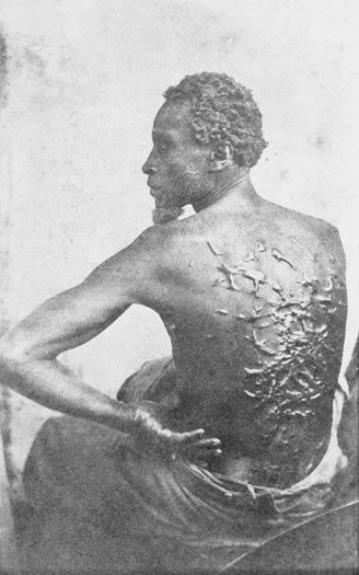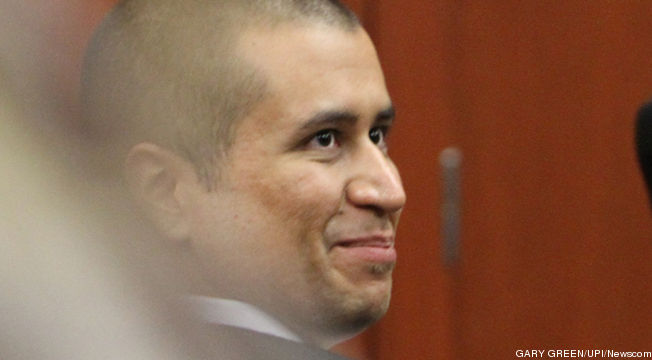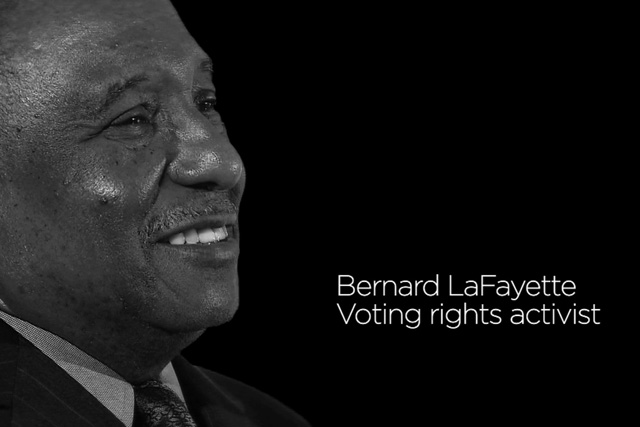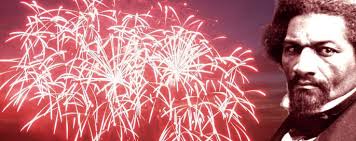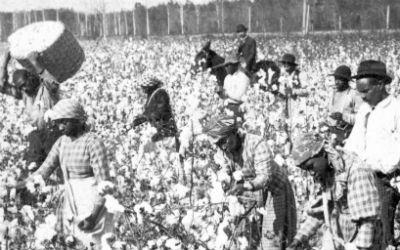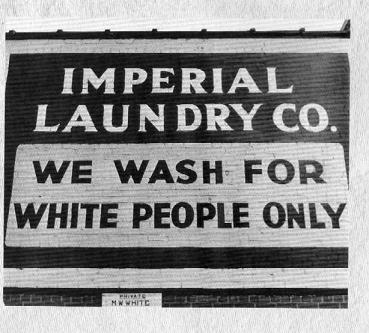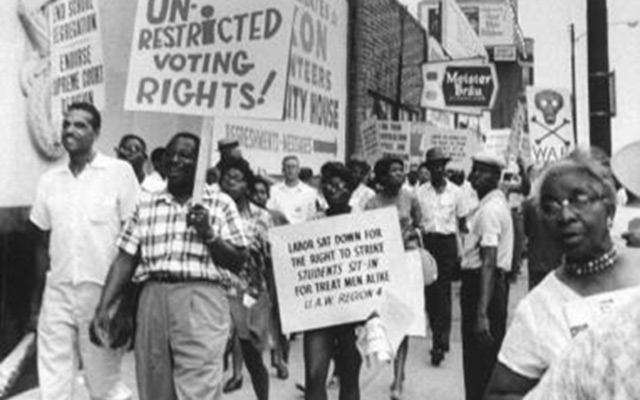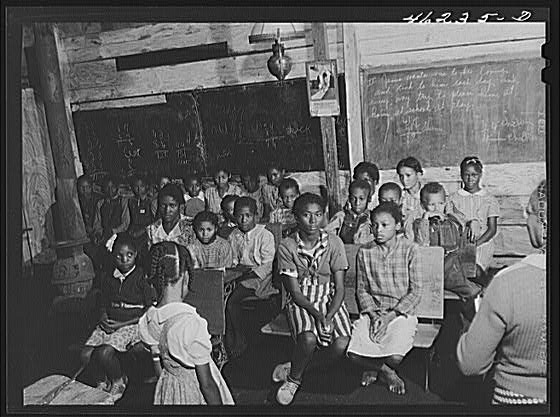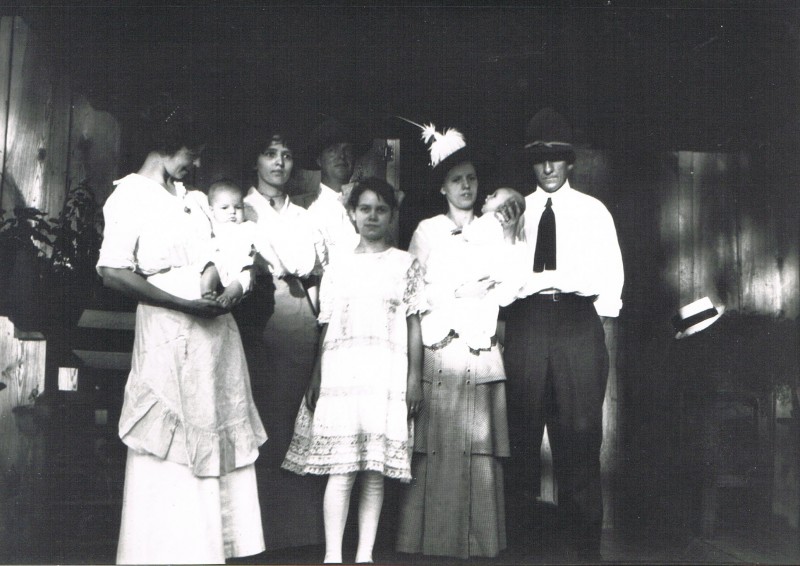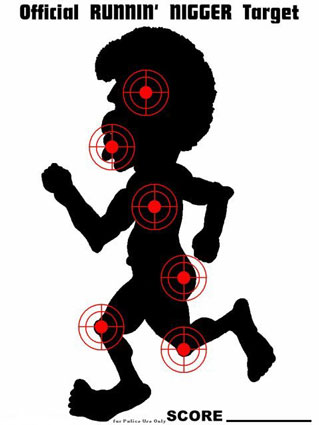Galleries
The Scourged Back: How Runaway Slave and Soldier Private Gordon Changed History
This famous photograph communicated a powerful message about the so-called “peculiar institution”—undermining the notion that slavery was benign.
Read MoreWhy the Zimmerman Jury Failed Us
Harvard professor Lawrence Bobo explains how the Zimmerman verdict reflects the racism at America’s core – leading to the continual dehumanization of blacks. When cultural racism is this deeply embedded in America’s basic cultural toolkit, it need not be named or even consciously embraced to work its ill effects.
Read MoreBernard Lafayette: An Unsung Veteran of the Voting Rights Struggle
Bernard Lafayette is one of the founding fathers of the Voting Rights Act. He was part of a small interracial army of men and women who presented their bodies as living sacrifices for the Act. Some lost their friends, their families, their minds — even their lives. But 50 years after their greatest triumph, their struggle is in danger of being lost.
Read MoreFrederick Douglass: “The Meaning of July Fourth for the Negro”
On July 5, 1852, abolitionist and ex-slave Frederick Douglass gave this famously pointed speech at an event commemorating the signing of the Declaration of Independence. He told his white audience, “This Fourth of July is yours, not mine. You may rejoice, I must mourn.”
Read MoreHow Slavery Became the Law of the Land “For Blacks Only”
The system of basing slavery on a person’s race did not occur in the first years of European settlement in America. However, by the 1660s, slavery was instituted and reserved for Africans only. How did this happen?
Read MoreThe Five Pillars of Jim Crow
“Jim Crow” refers to a five-part system developed in the late 1800s and early 1900s to support white supremacy and oppress black citizens. Although there were laws that discriminated against African Americans throughout the country, the Jim Crow system existed only in the South. This exhibit briefly describes the five oppressions of the Jim Crow system.
Read MoreVoting Rights for Blacks and Poor Whites in the Jim Crow South
From about 1900 to 1965, most African Americans were not allowed to vote in the South. White people in power used many methods to keep black people from voting. Some of these methods also prevented poor white people from voting. Today there are still laws and customs that make it harder for African Americans, other minorities, and some whites to vote.
Read MoreThe Education of Black Children in the Jim Crow South
Education is the key to economic success. It is true now, and it was true in the Jim Crow South. Southern education was not very good – even for white children. But education for blacks in the South in the early 1900s was worse in many ways. In this exhibit you can learn what school was like for most African American children in the South – and why.
Read MoreInheriting Home: The Skeletons in Pa’s Closet
With its store of family memories, Arkansas defines home for me. But embracing and claiming it as my own is prickly business. “Home” has closets of skeletons that are anything but comforting: the Lost Cause, Jim Crow, the Ku Klux Klan, lynchings.
Read MoreHateful Speech
This exhibit is comprised of the personal attacks, obscenity, vulgarity, profanity, and shouting that ABHvM receives in the Comments sections of exhibits.
Read More